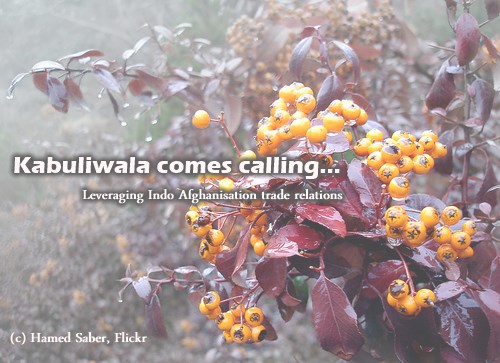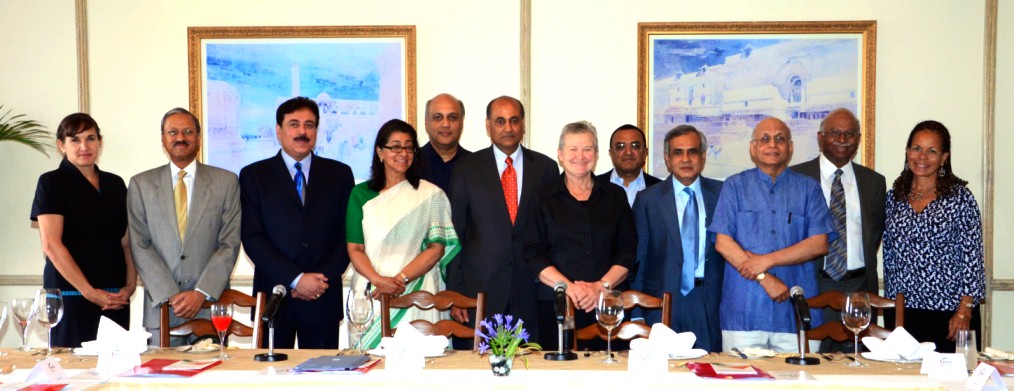Launched in Hainan, China in 2001, the ‘Boao Forum for Asia’ (BFA), founded by 26 countries, represents an initiative distinct from any other in the world. It is true that the Forum is inspired by the WEF (sometimes referred to as the poor-cousin of Davos), yet its genesis is deeply embedded in the turbulence that Asian economies went through in mid-1997. In fact, Boao Forum started as a discussion close on the heels of the Asian financial crisis. The magnitude and sudden onset of the crisis led to considerable introspection and it was in the wake of this that eminent leaders including former Philippines President Fidel Ramos, former Australian Prime Minister Bob Hawke, former Japanese Prime Minister M Hoshokawa and former Indian Prime Minister Shri I K Gujral, among others, initiated discussion of a forum which would focus on how Asian economies could solve their problems collectively. The founding of the BFA was driven by the People’s Republic of China and founded by 26 Australasian states on 27 February 2001. The organisation held its first meeting from April 12–13, 2002. From tented accommodation in the first year it has since then been held in this fantastic International Convention Centre which is now the permanent home of the Forum at Boao. The Forum definitely continues with China as the central theme. Not only are the Chinese the largest number of delegates – both from companies and Government, with a sprinkling of academia, the Media is also largely China-centric.
Today the circle has come around- the International Monetary Fund (IMF) during the 1997 Asian Financial crisis had attributed the primary responsibility of the crisis to the shortcomings of East Asian financial markets and prescribed an over-haul of their financial systems. This year, the head of IMF, Christine Lagarde, acknowledged in her speech at the Forum-‘I dare not imagine where the world economy might be today without Asia. This region has been the consistent global growth leader—driving an astonishing 2/3 of total growth in the five years since the crisis hit.’
While Boao Forum has not reached the magnitude or depth of Davos yet, it has the potential to emerge as Asia’s answer to Davos, for the forum derives its inspiration from the Asian dream- a dream for Asian leadership and industry to come together on a common platform and discuss issues of relevance to Asian economies. This year the Forum has added another milestone in its growth with a participation of over 2000 and some 200 media organizations with 1000+ staff. 7 Presidents and 3 Prime Ministers addressed the sessions that saw an impressive participation of business leaders, former politicians, heads of global institutions and experts across different fields. Over 40 CEOs of the top Fortune 500 companies were phsically present. Maybe half of those that go annually to Davos, but by no mean a small number. The Indian delegation, led by Naina Lal Kidwai, President FICCI and Country Head HSBC, India, comprised of a dozen captains of Industry.
International Monetary Fund chief Christine Lagarde, former US secretary of Labor Elaine Lan Chao, Hollywood director James Cameroon and Investor-Philanthropist George Soros besides several Nobel laureates were all there. This year there was also a divergence. Microsoft co-founder Bill Gates talked on investment for the poor, while Hsing Yun, founder of the Taiwan-headquartered Buddha’s Light International Association, dwelt on the crisis that the virtues of honesty and integrity are facing in China. In fact the forum is one place that saw debates on several taboo topics including China’s one-child policy, governance and economic models.
Australian Prime Minister, Julia Gillard put it rather well. She referred to BOAO as ‘a global forum with Asian conversations’. In fact the theme this year was specific and yet somewhat of a Chinese mouthful: “Asia seeking development for all: Restructuring, responsibility and cooperation”. Asia ‘seeking’, world listening.
The 12th edition of the Boao Forum considered issues that are defining growth in emerging markets and discussed perspectives on issues from education vs employment to quantity vs quality of growth. FICCI has been a part of this powerhouse of ideas and experiences as we were one of the founding members- an initiative we took way back in the year of Boao’s inception. Today we view Boao as a significant initiative that binds Asian economies through shared values and is most relevant to our issues and concerns.
That the Forum has grown from strength to strength was evident from the prolific content that drove the deliberations, from innovative ways of financing growth to structural reforms. For FICCI, the journey with Boao has been extremely engaging and one that has given us a first-hand account of the complex web of socio-economic dynamics that has contributed to shaping the world as we see today and perhaps would do so even more tomorrow. There is even more justification today than ever before to engage deeper with the Boao Forum as the fulcrum of growth has set deep into Asian economies.
It is interesting to see how China has played a prominent role in launching Boao and taking the initiative forward. The choice of venue owed its proximity to other countries in Asia; however time has come for India, to take a lead in the forum too. For starters we could upgrade our participation and even look at engaging sectoral councils of Boao in India.
Image Source Gary Bridgman




